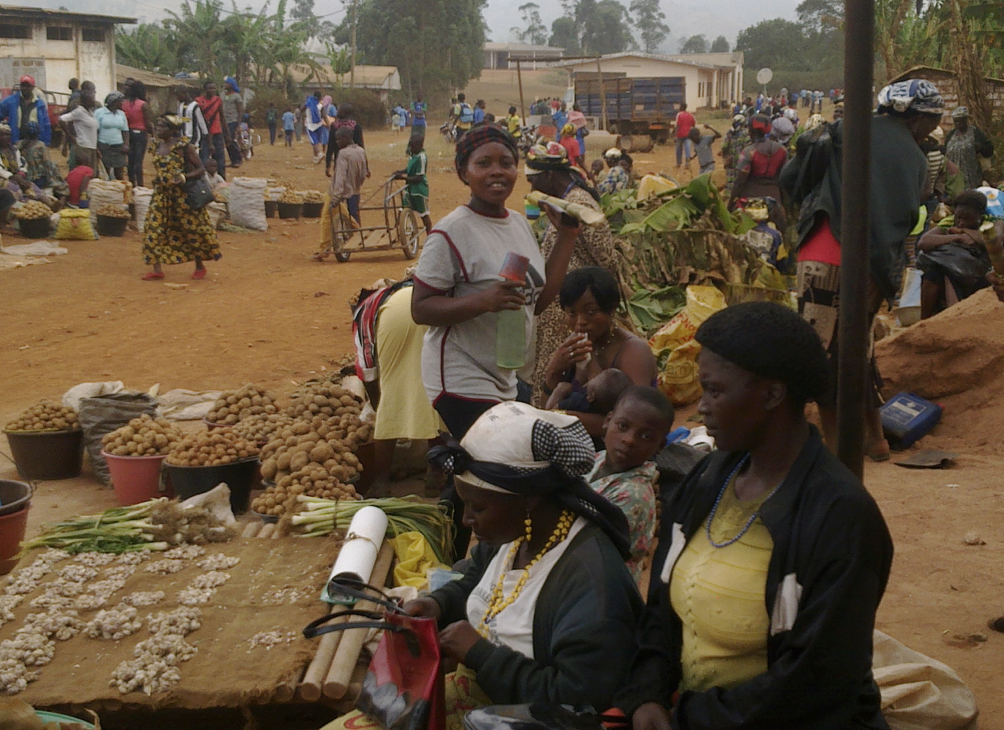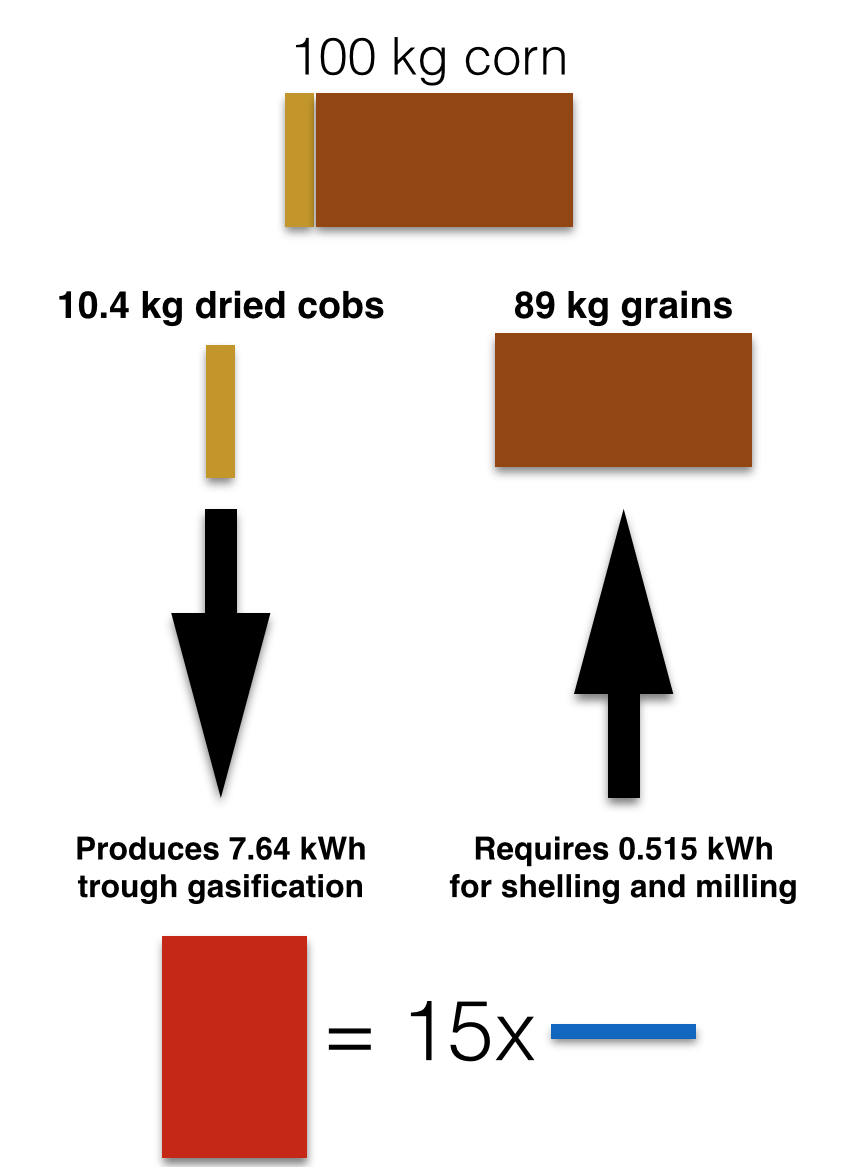Fongo Tongo Project
-
The challenge to start a brand new energy plan in a developing region requires a detailed investigation of all the multiple qualitative interpretations relative to the energy issue, for example what kind of energy, what kind of development, with a focus on local sustainability. This work aims to plan possible solutions for off-grid energy demand satisfaction in a village located in the Dschang province, Cameroon, through considering the interconnection between energy and development in relation to the field of International Cooperation. The “kick-start” for this case study consists in a mini-grid system powered by a 20kWel gasifier fed with agricultural by-products such as corncobs and stalks. This work analyzes the medium to long-term consequences of energy development. This study employs an integrated approach to sustainability, taking into account the food, energy and climate nexus with a final aim of avoiding the unsustainable consumption and production patterns that have evolved in developed countries.
-
In order to guarantee a holistic approach to energy development planning, this study moves from the largely unmet energy needs of the village and from the request of ensuring access to basic energy services. A preliminary analysis was focused on characterizing the availability of suitable feedstocks and predicting energy needs. Data obtained from the in-situ analyses were used to decide the energy conversion system. Due to the type of biomasses available in the region, gasification technology seemed to be the most versatile for the energy requirement of the village. The amount of biomass, mainly corncobs, necessary to operate the gasifier was calculated as a function of the basic energy needs of the population living in the village. At this point, studies of agroecology proved fundamental to define the best strategy leading to an increase in agricultural production while minimizing environmental impacts (i.e. ILUC) and increasing both natural resource efficiency and food security. Given the failure of the so called “Green Revolution” in Africa due to its high economic and environmental costs, this research focuses on the implementation of alternative and organic agricultural methods to enhance productivity of small-scale farms, therefore limiting the use of fertilizers. To achieve this, the study tackles and solves in a sustainable way the basic energy needs of the village while embedding its own sustainability in the medium to long-term. Creating a system in such a way provides for a new approach to sustainable development at the very small-scale level for energy related issues in the field of international cooperation. The consequential stages of the study were developed taking into account the needs and the economic possibilities of both the recipients and those who directly implement cooperation projects, the NGOs. The scientific models, while directly applicable to the villages in the Dschang province, can be easily modified and replicated in similar context following the same approach.



